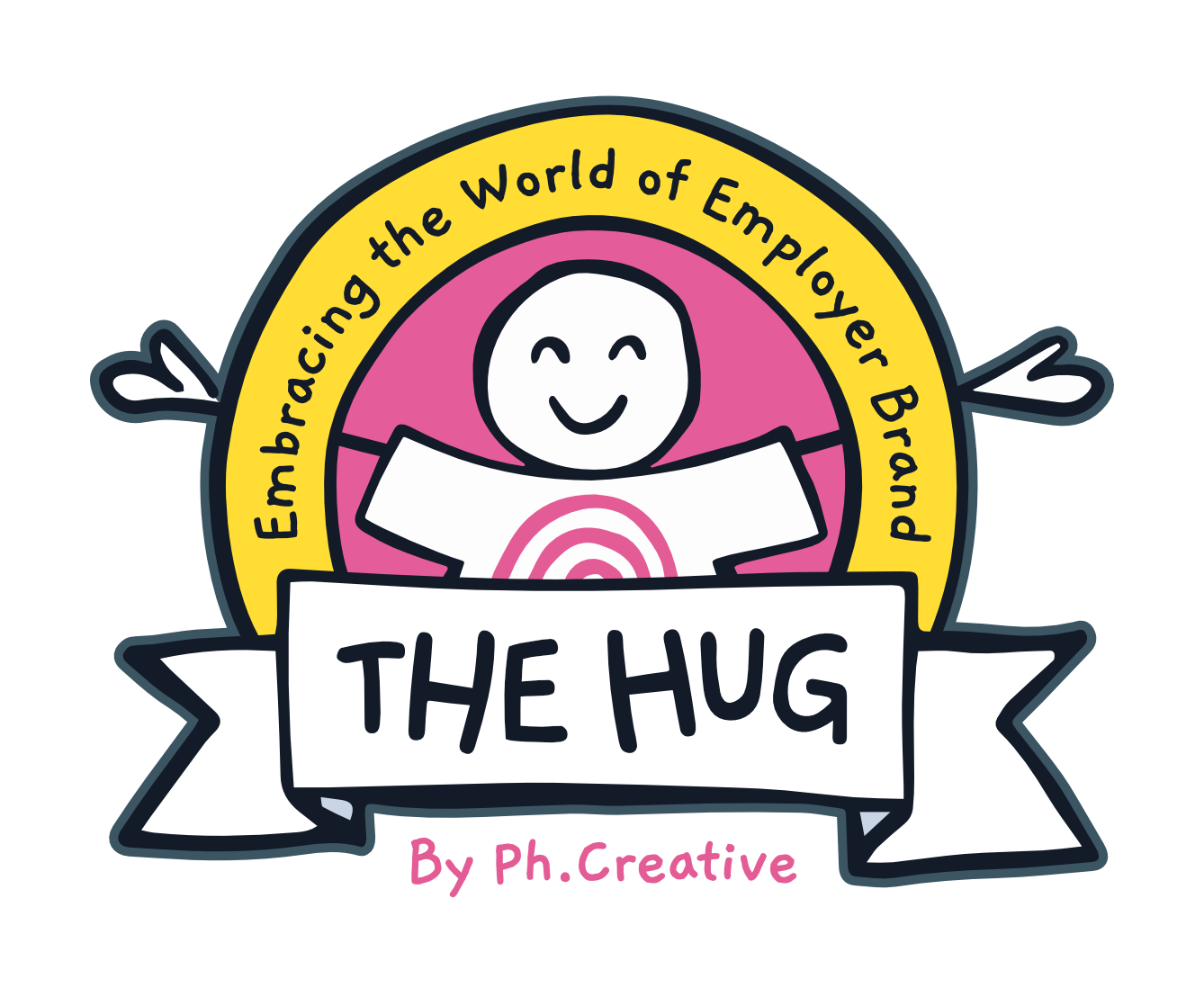Career websites: Measure what matters
Part 4: What to measure, why mobile matters, and why speed makes a difference
We’ve been on a whistle-stop tour of the world of SEO for careers websites, and in this fourth and final blog, we’ve some words of wisdom regarding the key things to keep your eyes on to monitor the performance of your careers website. There’s plenty of different analytics to consider out there, it can all be a little mind-blowing, so we’ve narrowed things down to the key metrics to pay attention to. Relax, it's all very straightforward.

What does success look like?
Knowing what you want to measure and how you want to define success should be at the forefront of any campaign. Every careers website is completely unique in this respect; however, there are some key similarities when it comes to measuring success and they can normally be split into the following buckets:
- Conversion rate
- Visitor-to-applicant ratio
- Average time spent on your careers pages
- Page views average per visit
- Source of hire
- Qualified candidates per vacancy
- Days to hire
- Cost per hire
All of the above play an integral role in determining the success of a recruitment campaign and your return on investment. The success lies in which applicant tracking system a careers website is using and whether they can join up all these dots when it comes to measuring how successful a campaign has been.
Incredibly, there’s over 200 applicant tracking systems and customer relationship management tools available for careers websites. That takes a bit of believing, and it also makes for a very confusing and complicated marketplace. Which should you use? They all exist to ensure that your candidates have a seamless journey through the entire process so you can attract, engage, recruit, and onboard candidates as effectively as possible ensuring that the careers website, applicant tracking system, or customer relationship management software are all seamlessly integrated is probably the most crucial part in really understanding how your marketing spend and channels are working for you. But we know it can be hard to know what to measure. So, here's all you need to know. Keep your eye on these metrics and you can't go far wrong.
- Organic traffic
- Keyword/Job title positions being displayed in Google
- Length of time visitors spend on a page
- How many pages on average they are looking at
- Pages visible without SEO issues, being crawled by Google
- Conversion rate/event tracking (are candidates downloading resources available to them?)
- Jobs being listed in Google for Jobs
- Multi-channels attribution to see how organic traffic is contributing to other channels success
- Job pages being optimized correctly
The importance of mobile and page speed
Page speed
From 2021, Google will only use their mobile algorithm to rank websites. If your website is mobile-first already, this shouldn’t affect you too much; however, if you don’t have a mobile-first website then it’s time to start getting plans in place before your pages fall into oblivion in 2021.
Because of the potential hardware and connection issues on a mobile, page speed is even more essential to your SEO success than for users looking at a desktop version of your website. One of the most common issues we find when it comes to mobile site speed is the size of images and resources that are loading when your webpage loads. This is normally a quick fix, using software to reduce the size of your images, CSS, JavaScript files, and HTML. This can make a big difference to the page and website speed.
Accelerated Mobile Pages (AMP)
One area that is consistently overlooked or ignored when it comes to most careers websites is Google’s Accelerated Mobile Pages - or AMPs. When a page is marked up for AMP it would normally be displayed in the search results pages with a lightning bolt next to the URL or title.
Benefits of mobile search for recruitment
When over 80% of job seekers state that their mobile phone is an important tool for job searching, you need to get on board. In addition to speed, your fully optimized mobile website can ensure:
- candidates have a much better experience when visiting your website
- important content and jobs are showcased on your website
- candidate attention is captured with a great experience
- important content pages and job pages are loading lightning-quick
Google AMP’s aim is to present the most meaningful results possible to a user when searching on any device, but, when it comes to mobile, then SEO, location, search query, and your mobile search history all come into play. When you have specific recruitment needs in particular locations, then ensuring your website is fast loading and optimized well for mobile will give you a competitive advantage and ensure you fill your roles as quickly as possible. And that’s the name of the game.
So there we go, over the course of these four blogs we’ve given you a crash course in using SEO to help your careers website attract the talent you need to grow your business. For more detailed guidance we’ve got a full ebook on the subject that’s a great bit of bedtime reading. It’s free to download. And if you need more bespoke advice, just get in touch.
Find out how Ph.Creative can help you build a careers website to recruit the best talent.
Sign up to our blog

Every other Thursday we share:
✔ One feature full of our freshest insights
✔ An expert hack you'll love to use
✔ The links you need now
+ other helpful bits for thousands of EB and TA pros just like you